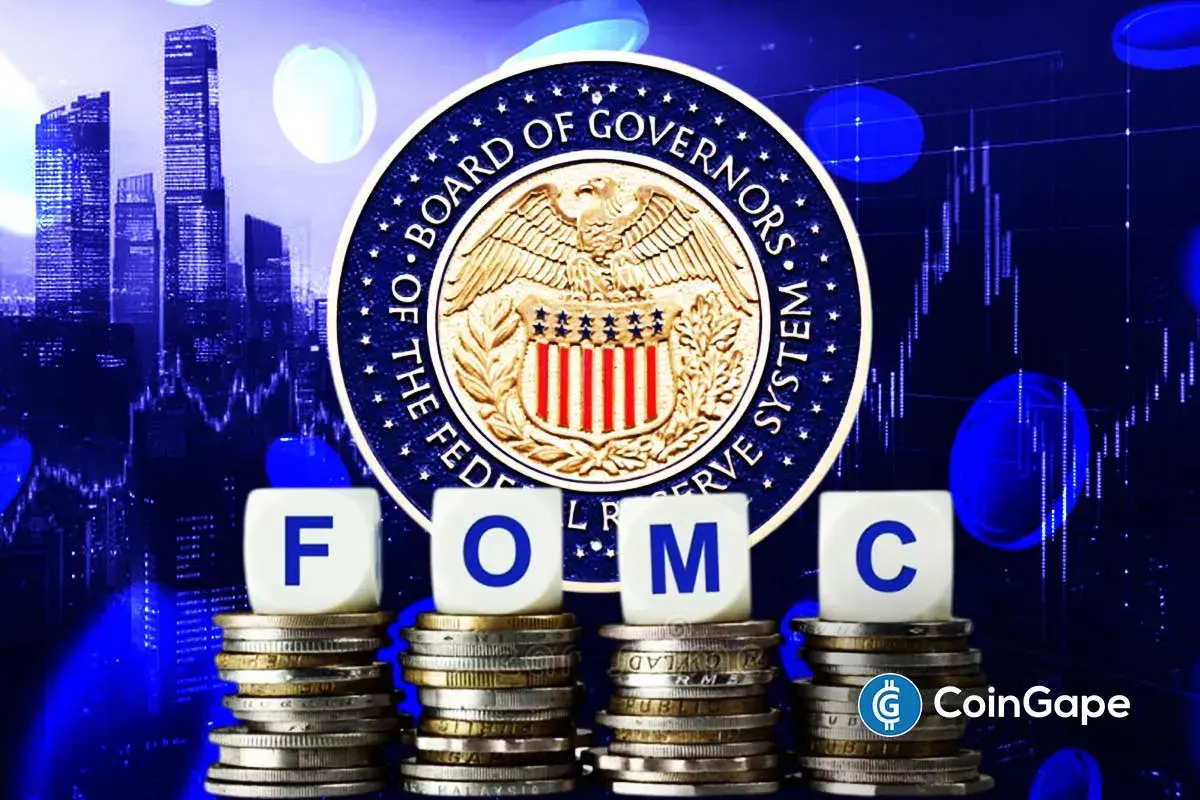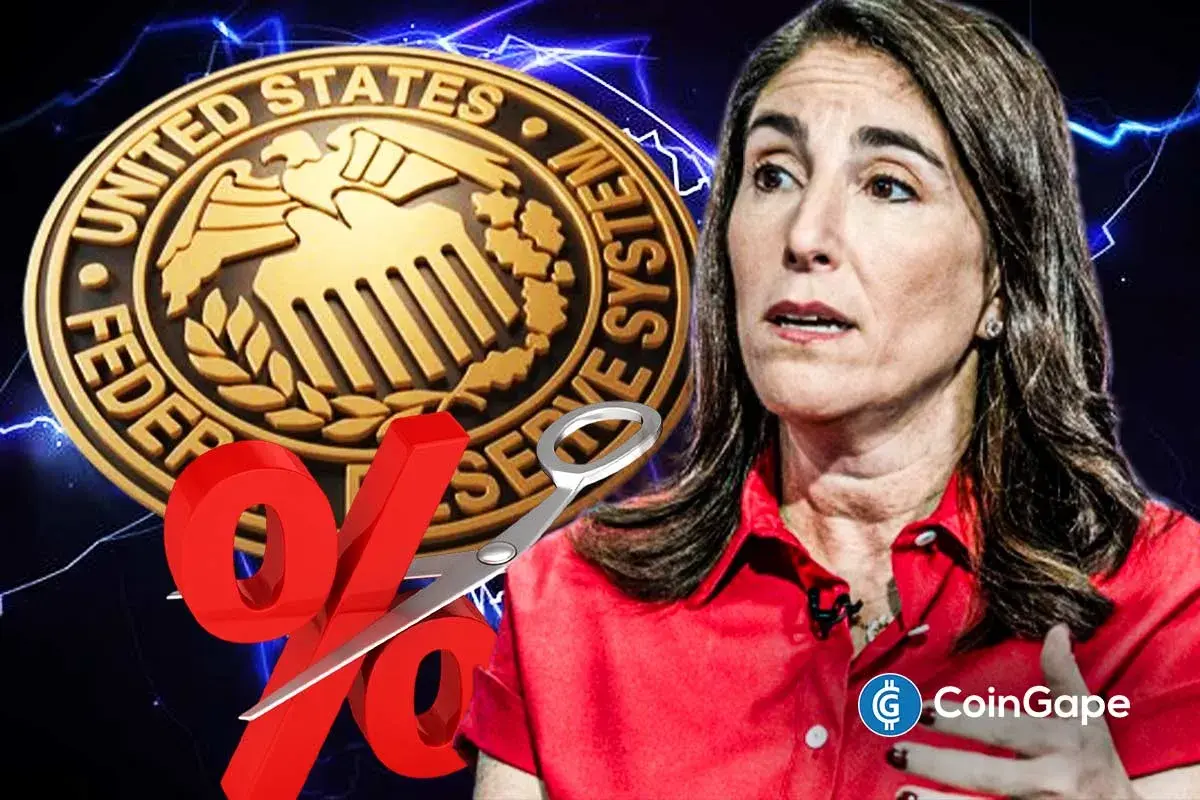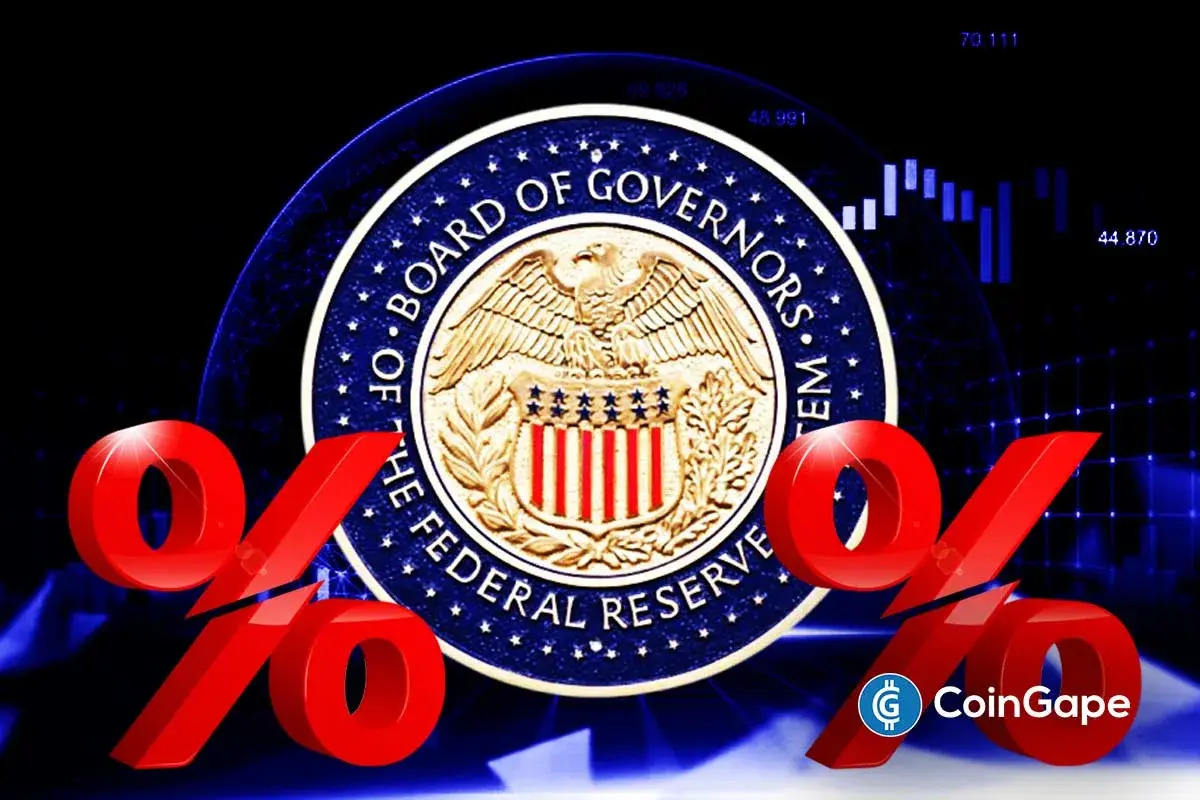Judge Sides with Federal Reserve in Custodia Bank Crypto Case

Highlights
- Fed's Master Account control affirmed in crypto-banking case.
- Custodia Bank's APA claim dismissed, regulatory boundaries reinforced.
- Custodia evaluates options after court upholds Fed's discretion in account denial.
In a ruling made by Wyoming District Judge Scott Skavdahl, the United States Federal Reserve has won a lawsuit against Custodia Bank concerning the access to Master Account and its compliance with the Administrative Procedure Act (APA).
Federal Reserve Wins Against Custodia Bank
The ruling by Judge Skavdahl clears the air on the Federal Reserve’s discretion in granting the Master Accounts, which are fundamental to the bank’s access to the services offered by the Federal Reserve.
In his ruling, Skavdhal was on the side of the Federal Reserve, whose decision whether to grant or deny such requests was to be upheld. The decision is critical as it supports the Federal Reserve’s refusal to grant Custodia Bank a Master Account.
Claims and the Court’s Response
The lawsuit brought by Custodia Bank against the Federal Reserve included several main arguments, the most significant of which was the alleged breach of the APA. The bank argued that denial from the Federal Reserve was “arbitrary, capricious, an abuse of discretion, or otherwise not in accordance with the law.”
However, Judge Skavdahl ruled out this claim for the lack of jurisdiction to review the decision of the Fed. Moreover, Custodia’s request for a declaratory judgment was also refused, strengthening the position of the Federal Reserve.
🚨BREAKING: The judge in the @custodiabank vs. @federalreserve has mostly sided with the Fed in summary judgment and DENIED Custodia’s petition for review of its APA Claim and its Motion for Judgment on its Statutory Mandamus Claim.
Full decision here:https://t.co/K1qBrSk23I
— Eleanor Terrett (@EleanorTerrett) March 29, 2024
This legal case attracted a lot of attention, particularly after the increased popularity of crypto and blockchain technology in banking. Moreover, Custodia Bank, headed by CEO Caitlin Long, has been at the forefront of integrating blockchain technology into traditional banking services.
Their application for a Master Account was viewed as a test of the Federal Reserve’s willingness to open up to cryptocurrency-friendly banks. The decision could affect a wider range of similar institutions that are trying to negotiate the waters of the regulatory system of the United States banking system.
Custodia’s Continuing Commitment
In reaction to the ruling, a representative of Custodia Bank commented,
“Challenging the Fed’s strong-arm tactics has always been an uphill battle, but Custodia Bank remains committed to our vision of creating a safe, tech-enabled bank. We are reviewing the Court’s decision and all of our options.”
This statement is the manifestation of the continued determination of Custodia Bank to achieve its objectives within the legal framework and perhaps to appeal the decision.
Read Also: OpenAI Introduces Voice Engine In Testing Mode
- Jane Street and Abu Dhabi Wealth Fund Mubadala Increase Holdings In BlackRock’s Bitcoin ETF
- FOMC Minutes Drop Tomorrow: Will Crypto Market Rally or Face Fed Shock?
- BlackRock Amends Filing For Staked Ethereum ETF, Eyes 18% of Staking Rewards From ETH Fund
- Arizona Advances Bitcoin, XRP Reserve Bill Using Seized Crypto Assets
- Bitcoin ETF Update: BlackRock Signals BTC Sell-Off as Kevin O’Leary Warns of Decline In Institutional Demand
- Pi Network Price Beats Bitcoin, Ethereum, XRP as Upgrades and Potential CEX Listing Fuels Demand
- 5 Things Dogecoin Price Needs to Hit $0.20 in Feb 2026
- Bitcoin Price Prediction as Experts Warns of Quantum Risks
- Dogecoin, Shiba Inu, Pepe Coin Price Predictions As BTC Crashes Below $68k
- Ethereum Price Outlook as Harvard Shifts Focus from Bitcoin to ETH ETF
- HOOD and COIN Stock Price Forecast as Expert Predicts Bitcoin Price Crash to $10k


















